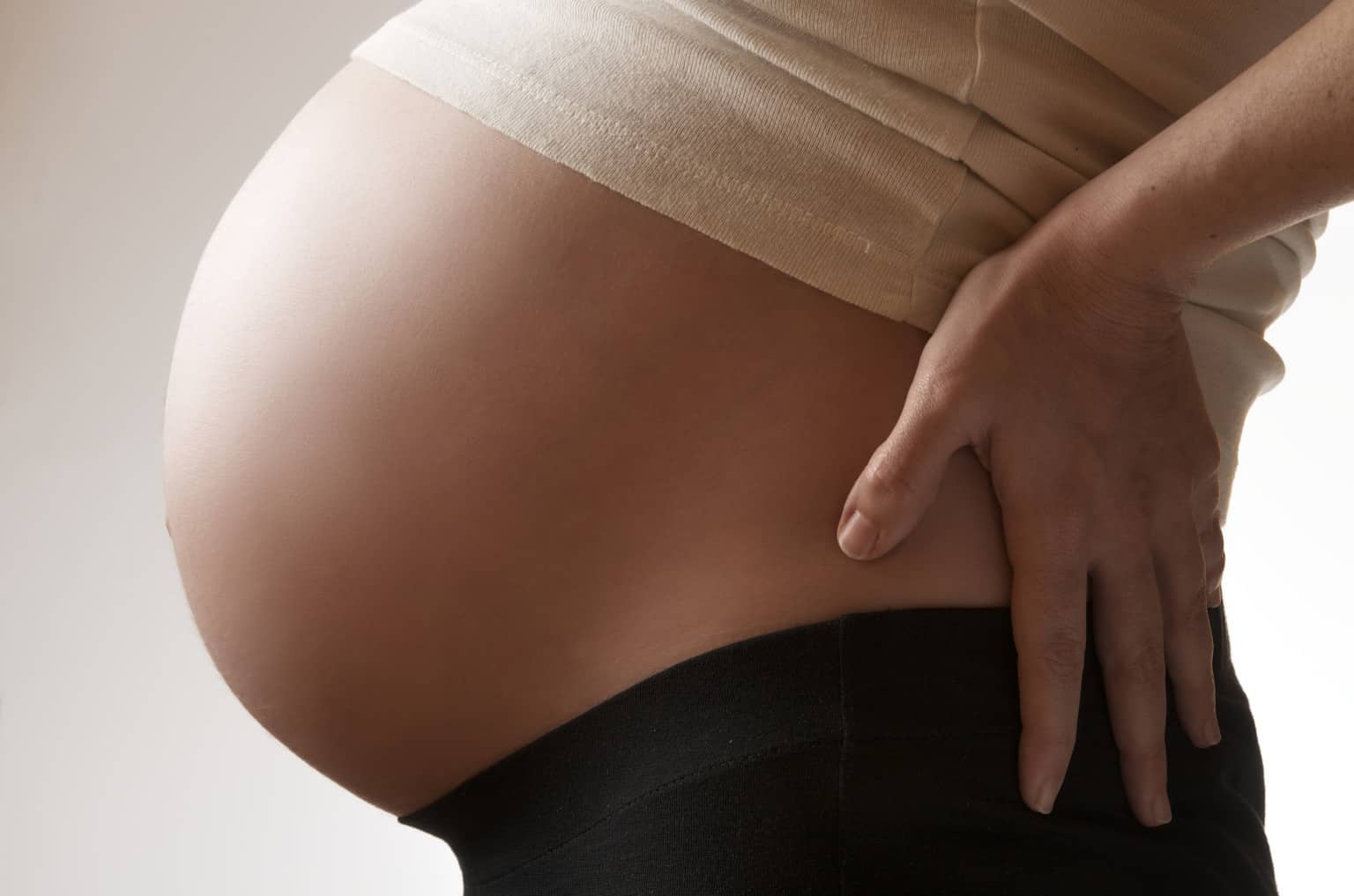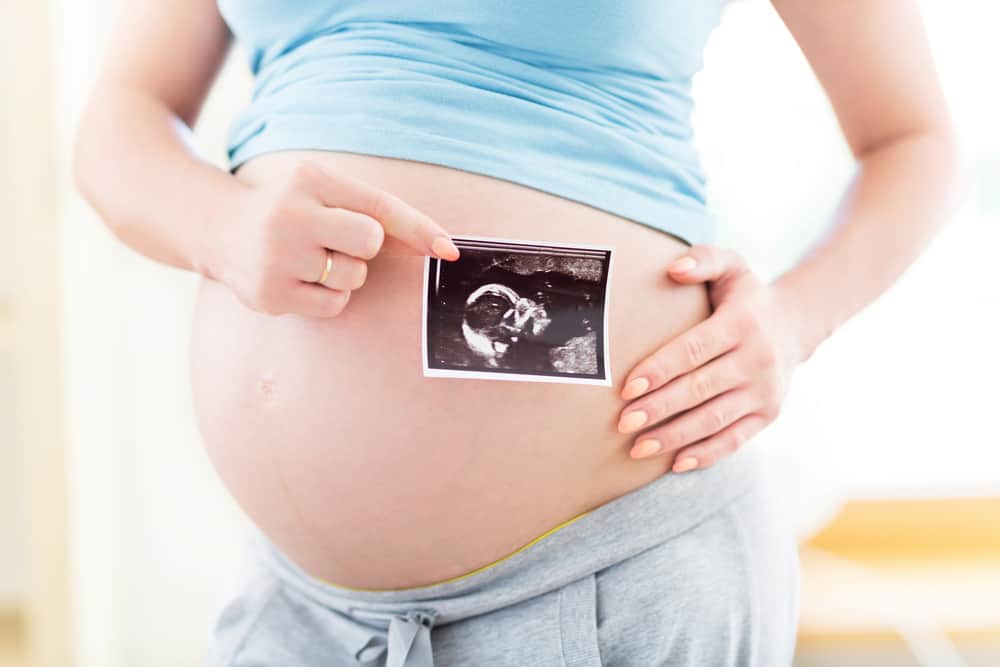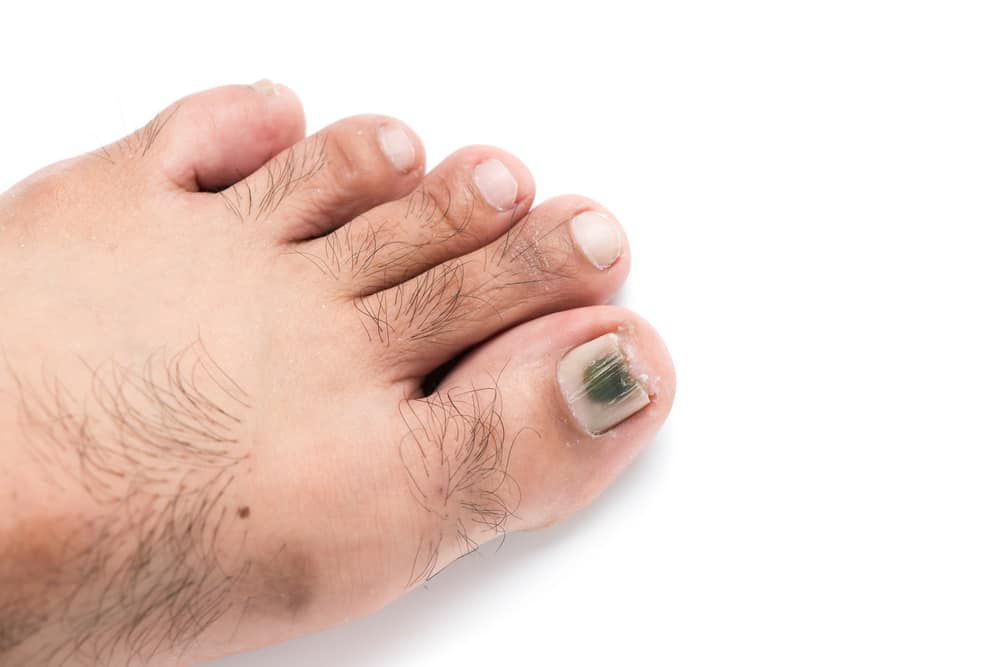Contents:
- Medical Video: This Doctor Has A Secret Trick To Instantly Make a Baby Stop Crying
- Fetal movement is the effort your child prepares for your attention
- Is it true that active fetuses will become active children too?
Medical Video: This Doctor Has A Secret Trick To Instantly Make a Baby Stop Crying
Feeling your little one kicking his legs or moving when in the stomach must be a happy moment for prospective mothers and fathers. It's just that sometimes, there are parents who are worried when the fetus is too active to move. Maybe you think that your little one will be a very active child. So, is there an influence of fetal movements on the nature of the child? Does the fetus that is too active in the uterus determine the personality of the child later? Find out the truth of the meaning of active fetuses moving in this article.
Fetal movement is the effort your child prepares for your attention
A study shows that an active fetus moves to indicate a response to respond to the pressure felt by the mother, as well as when a pregnant woman is happy. The good news is that the active fetus moves to show the results of a higher brain 'maturation' test and will have better body or motor movement control after birth.
Many pregnant women may not realize that actual fetal movements will affect you. Well, the little one's movements in the stomach is the child's effort to make you listen and even make you adjust to your child's activity patterns in preparation to welcome his arrival after birth.
Experts from Johns Hopkins University in the United States (US), found that every time the fetus moves, the mother's heart beats faster and there is stimulation of the sympathetic nervous system of pregnant women. Even when pregnant women are not aware of the movement.
This sympathetic nervous system functions to control the response fight-or-flight and plays an important role in maintaining bodily functions properly. If the previous behavior of the mother is considered to affect the fetus, the fetus will actually affect the mother.
Simply put, the movement of your prospective baby is a way to prepare you to pay more attention to your little one. Your attention to the movements you feel in your stomach naturally trains you to monitor your baby's activities and make you more sensitive to the child who will be born later.
Is it true that active fetuses will become active children too?
Although this is uncertain, there are several studies that link the relationship of active fetal movements moving with the behavior of the little one after birth. A study in the UK revealed that fetal movements that are weak or not too active will make your child become a fussy and crying child.
This study asks pregnant women to record every day fetal movements for one hour for three days at 37 weeks of pregnancy. After giving birth, mothers are still asked to record their baby's behavior for 12 weeks postpartum.
As a result, a strong fetal movement or an active fetus does not affect the baby's behavior. However, movements of inactive fetuses tend to be more fussy and often cry. The good news, fetal movements have nothing to do with sleep patterns and eating habits of the child later.
Unlike the research conducted by Dr. Janet DiPietro from Johns Hopkins University who uses Doppler-based actography found that the level of fetal activity at 36 weeks' gestation was related to the behavior of the child at one year of age in boys. The active fetus at gestational age is related to the active behavior of the child.
This study was produced after collecting fetal motor activity data at 24, 30 and 36 weeks' gestation involving 52 healthy infants. Then, these data are compared with data collected after birth by observing the behavior of children after two weeks of birth and at the age of one to two years, found a link between overactive fetal movements and active behavior of the child at one to two years of age in boys man.
But according to this study, the relationship of active fetuses moving with children's behavior is still not consistent. After all, which affects the nature of the child, of course there is a lot. For example parenting, children's social environment, and so on. Therefore, fetal movements in the womb cannot actually "predict" the nature of the child you are born with.












